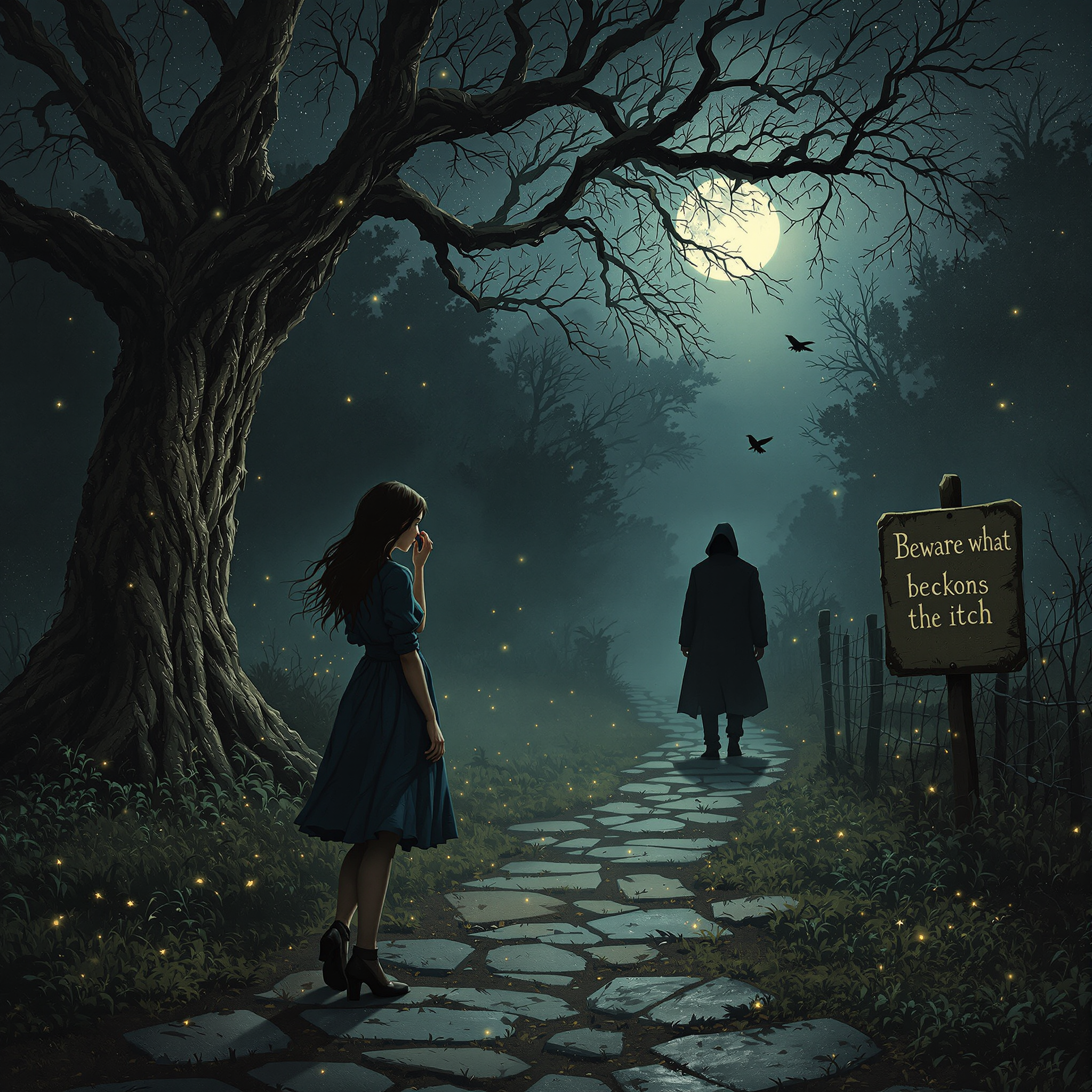This superstition claims that an itchy or tingling sensation on the nose signals an upcoming event, often beyond the person’s control. Variations of this belief assign different meanings to the itch based on its location or intensity. Common interpretations include:
– The tip of the nose itches: you’ll get into a quarrel or become angry soon.
– Either nostril itches: you’re going to meet a stranger or receive a surprising visitor.
– A sharp tingle: you’ll kiss a fool (possibly referencing embarrassment or poor judgment).
Some traditions add symbolic gestures to counteract the ill omen, like tapping the nose or crossing fingers. These interpretations are not based on any medical rationale but were once common in rural and urban communities. The nose’s prominence on the face reinforced beliefs that its sensations had metaphysical implications.



